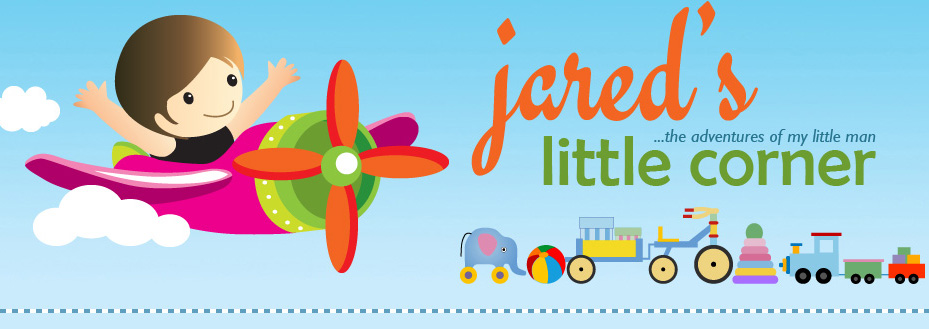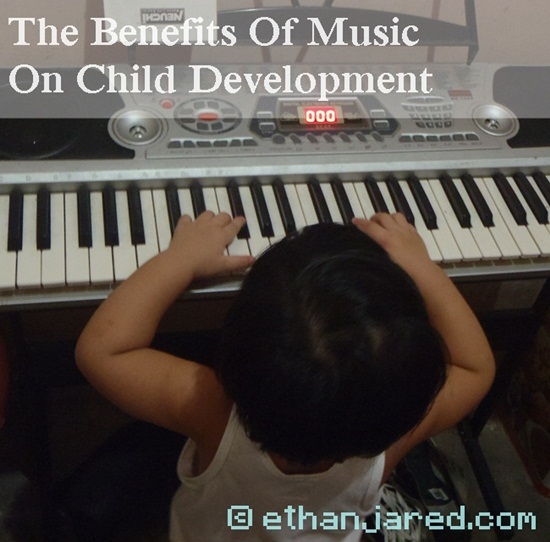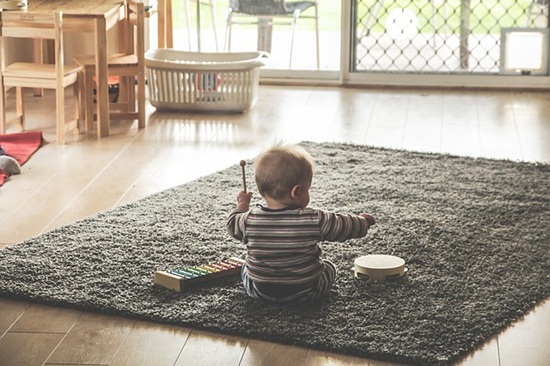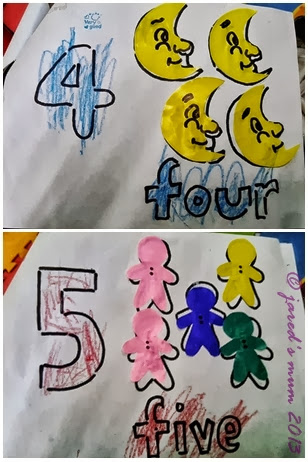Long gone are the days when school psychologists at most had to do IQ and reading level tests and offer the occasional counseling session.
The breakdown of the family across society multiplies the odds children will experience emotional, learning, and social problems. That alone would increase the demand for school psychologist’s services. Yet school districts are cutting funding for services, resulting in more kids assigned to each psychologist. Technology hasn’t automated much of their jobs, and school psychologists rarely have access to them.
Unfortunately, bureaucracy has proliferated. This loads psychologists down with IEP tests and paperwork instead of dealing with at-risk students, though psychologists are expected to serve on the front lines of violence, bullying, and suicide preventing. They’re expected to do more with less, all while teaching cyber etiquette and dealing with the aftermath of cyber-bullying. A larger proportion of students suffer from learning disabilities and take medications, while a diverse society brings more conflict and confusion in and of itself.
WPS Publishing has released an infographic that outlines these and other challenges school psychologists face. For more information, click here.







